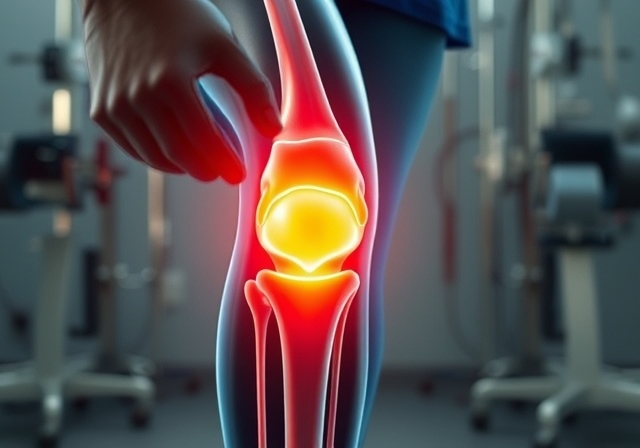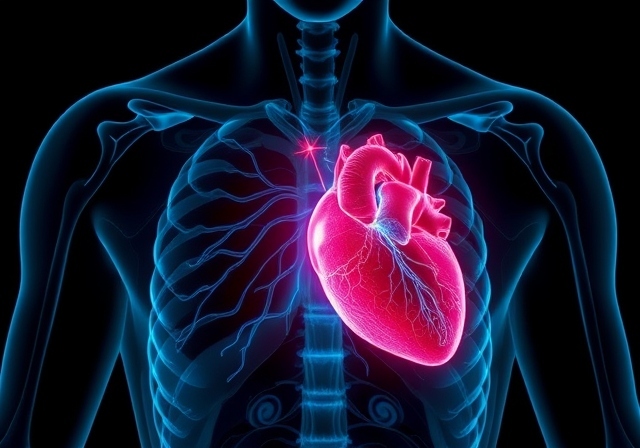Heart disease remains a leading cause of health concerns worldwide. It encompasses a variety of conditions that impact the heart’s structure and function. From coronary artery disease to congenital defects, knowing the signs of heart problems can be life-saving. This guide delves into the common types of heart diseases, their symptoms, and effective heart disease treatment options to help you stay informed and proactive about your health.
Types of Heart Diseases
Heart diseases fall into several categories, each with unique causes and symptoms. The most common types include:
1. Coronary Artery Disease (CAD)
Coronary artery disease is a condition that impacts the blood vessels responsible for supplying oxygen-rich blood to the heart. It results from plaque buildup, a condition called atherosclerosis, which restricts blood flow. CAD can lead to chest pain, heart attacks, or strokes.
Symptoms:
- Chest pain or discomfort (angina)
- Shortness of breath
- Pain radiating to the neck, jaw, back, or limbs
- Numbness or coldness in extremities
Understanding heart attack reasons like blocked arteries and lifestyle factors can help prevent severe complications.
2. Arrhythmias
Arrhythmias occur when the heart doesn’t beat as it should—either racing too fast, slowing down too much, or beating with an irregular rhythm. These disruptions can range from harmless to life-threatening.
Symptoms:
- Fluttering in the chest
- Racing or slow heartbeat
- Dizziness or fainting
- Shortness of breath
3. Congenital Heart Defects
These are structural heart problems present at birth. Some defects are detected early, while others may manifest later in life.
Symptoms in Infants:
- Blue or gray skin tint
- Swelling around the eyes, legs, or abdomen
- Difficulty feeding or poor weight gain
Symptoms in Adults:
- Fatigue during physical activity
- Swelling in hands, ankles, or feet
- Shortness of breath
4. Cardiomyopathy
Cardiomyopathy is a condition that affects the heart muscle, making it more difficult for the heart to pump blood effectively. Over time, the condition worsens, affecting overall heart function.
Symptoms:
- Fatigue and dizziness
- Swollen legs or feet
- Breathlessness, especially at night
- Palpitations
5. Heart Valve Disease
The heart’s valves regulate blood flow through the heart. Damage to these valves can lead to stenosis (narrowing) or regurgitation (backward flow).
Symptoms:
- Chest pain
- Fatigue
- Fainting spells
- Swelling in the ankles
Common Symptoms of Heart Problems
While symptoms vary by condition, common symptoms of heart problems include:
- Persistent chest discomfort
- Shortness of breath during activity or rest
- Swelling in extremities
- Irregular heartbeats
- Fatigue or dizziness
If you experience these signs of heart problems, seek medical advice promptly.
Heart Attack Reasons and Prevention
A heart attack often occurs when blood flow to the heart is blocked, usually by a buildup of plaque in the arteries. Common heart attack reasons include:
- High cholesterol
- High blood pressure
- Smoking
- Diabetes
- Obesity
Adopting healthy habits like regular exercise, a balanced diet, and avoiding smoking can significantly reduce your risk.
Effective Heart Disease Treatment Options
Treating heart disease depends on its type and severity. Options include lifestyle changes, medications, and in some cases, surgical interventions. Here’s an overview:
Lifestyle Modifications
- Regular exercise to improve cardiovascular health
- A diet packed with fruits, vegetables, and whole grains is a simple way to keep your heart healthy and strong.
- Stress management techniques
Medications
Prescriptions may include blood thinners, beta-blockers, or cholesterol-lowering drugs to manage symptoms and reduce risks.
Advanced Cardiology Treatment
In severe cases, surgical options like angioplasty, bypass surgery, or valve repair may be recommended. Consulting with a cardiologist ensures you receive the best care tailored to your condition.
When to See a Doctor
Do not ignore the following symptoms:
- Sudden chest pain or pressure
- Difficulty breathing
- Fainting spells
Immediate medical attention can be life-saving. Getting regular checkups is essential for catching potential issues early and preventing them from becoming serious.
Conclusion
Understanding the types and symptoms of heart problems empowers you to take proactive steps toward a healthier heart. With timely intervention and effective cardiology treatment, many heart diseases can be managed or even prevented. Listen to your body, prioritize regular health screenings, and embrace a heart-healthy lifestyle to minimize risks.




